The Botany Breakdown

The Secret Behind Yerba Maté's Sustained Energy
Discover why yerba mate gives you steady energy without the crash. Learn about Botanic Tonics' upcoming KavaMate tonic—clean, plant-powered focus.
The Secret Behind Yerba Maté's Sustained Energy
Discover why yerba mate gives you steady energy without the crash. Learn about Botanic Tonics' upcoming KavaMate tonic—clean, plant-powered focus.
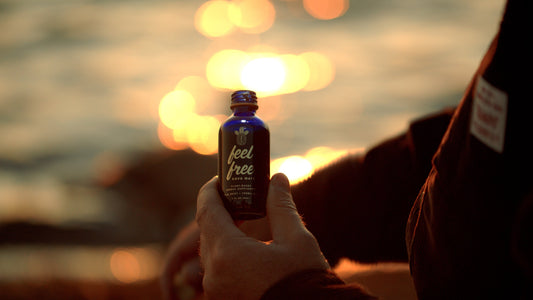
How Yerba Mate Can Supplement Your Morning Coffee
Supplement coffee or energy drinks with KavaMate: a smoother, plant-powered way to start your day or beat the afternoon slump - no crash, just clean energy.
How Yerba Mate Can Supplement Your Morning Coffee
Supplement coffee or energy drinks with KavaMate: a smoother, plant-powered way to start your day or beat the afternoon slump - no crash, just clean energy.
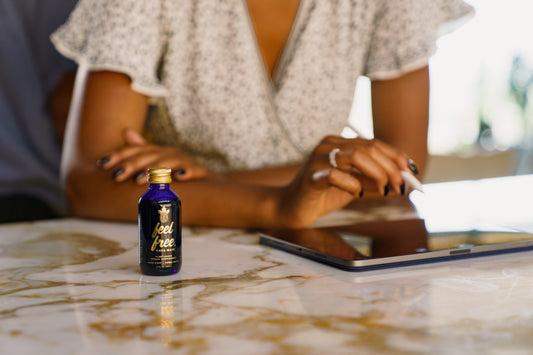
What Yerba Mate Does to Your Brain: The GABA Co...
How does yerba mate influence GABA in the brain? Learn how this plant-based ingredient supports calm clarity and focused energy in Feel Free KavaMate.
What Yerba Mate Does to Your Brain: The GABA Co...
How does yerba mate influence GABA in the brain? Learn how this plant-based ingredient supports calm clarity and focused energy in Feel Free KavaMate.
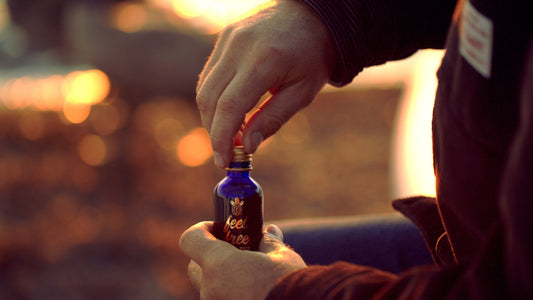
Strategic Reserves of Energy: Why Yerba Mate Is...
Fuel your flow state with KavaMate. This plant-powered tonic helps biohackers optimize energy, clarity, and stamina — no crash, just control.
Strategic Reserves of Energy: Why Yerba Mate Is...
Fuel your flow state with KavaMate. This plant-powered tonic helps biohackers optimize energy, clarity, and stamina — no crash, just control.
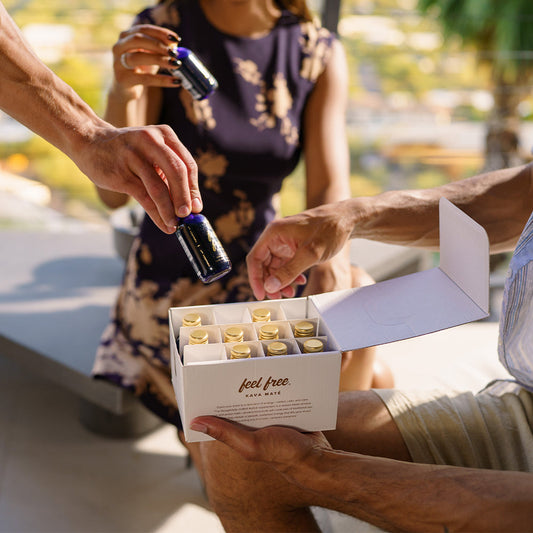
Why feel free? The Science Behind Plant-Based C...
While there's a growing interest in botanicals that can provide balanced energy without the jitters or crashes, it’s important to know that not all plant-based energy options offer the same...
Why feel free? The Science Behind Plant-Based C...
While there's a growing interest in botanicals that can provide balanced energy without the jitters or crashes, it’s important to know that not all plant-based energy options offer the same...
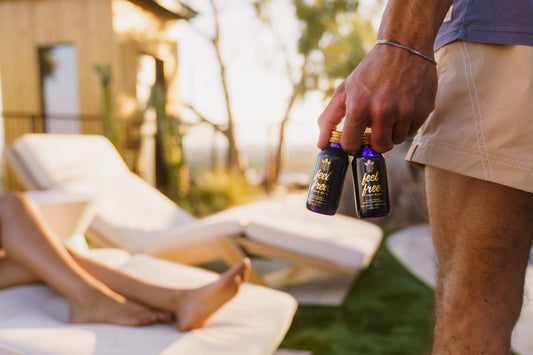
Camp Smarter Not Harder: Tips for a Relaxing We...
Whether you're planning your first outdoor weekend or you're a seasoned camper, the key to truly relaxing camping lies in smart preparation and the right camping hacks. A successful campsite...
Camp Smarter Not Harder: Tips for a Relaxing We...
Whether you're planning your first outdoor weekend or you're a seasoned camper, the key to truly relaxing camping lies in smart preparation and the right camping hacks. A successful campsite...










